Maharashtra, November 10, 2025: The fourth edition of AEEE-Energise, the flagship biennial international conference of the Alliance for an Energy Efficient Economy (AEEE), concluded at Asia Plateau, Panchgani, bringing together over 200 researchers, policymakers, industry leaders, and students to advance India’s clean energy and decarbonisation agenda.
Organised in collaboration with the CEPT Research and Development Foundation (CRDF), Indian Institute of Technology Delhi (IITD), and the Indian Institute for Human Settlements (IIHS), the three-day residential event underscored energy efficiency as a cornerstone of India’s journey toward a low-carbon, inclusive, and resilient economy.
“AEEE-Energise 2025 demonstrates that India’s clean energy transition will be shaped not just by technology, but by data, innovation, and people,” said Dr. Satish Kumar, President and Executive Director, AEEE, and Convenor of Energise 2025. “When research, policy, and markets come together, energy efficiency becomes the driving force of competitiveness, resilience, and equity in India’s growth story.”
The conference featured more than 80 research paper presentations, along with panel discussions, workshops, and collaborative dialogues.
A key highlight was the launch of the Geospatial Open Building Stack (GOBS), India’s first open-data initiative mapping the built environment to support sustainable urban planning and climate action. The initiative provides granular, verifiable data on building density, materials, and energy use to help policymakers model energy demand, identify retrofit opportunities, and design resource-efficient cities.
The event also saw the release of the issue brief “Mapping Demand Flexibility Service Providers for India’s Green Grid”, offering a landscape analysis of India’s emerging demand flexibility market, and the launch of Data-driven Integrated Carbon Metrics for Buildings (Di-Carb) Phase 2, aimed at advancing research on embodied and operational carbon in the building sector.
A thought-provoking discussion featuring science journalist and author Anil Ananthaswamy explored the intersections of consciousness, artificial intelligence, and energy, encouraging participants to reflect on the role of human and artificial intelligence in shaping sustainable futures.
The conference addressed several critical themes in India’s clean energy transition, including demand flexibility for grid resilience, district cooling, just energy transitions, and innovative decarbonisation financing. Experts emphasised the need for an integrated approach combining technology, governance, and behavioural change.
An interactive Idea Café allowed researchers and practitioners to collaborate on solutions through peer-led discussions, while young professionals and students participated in mentorship sessions, reflecting AEEE’s focus on building the next generation of clean energy leaders.
Set against the scenic Sahyadri hills, AEEE-Energise 2025 concluded with a reaffirmation that energy efficiency is central to India’s vision for Viksit Bharat 2047, positioning the country as a global leader in sustainable growth.




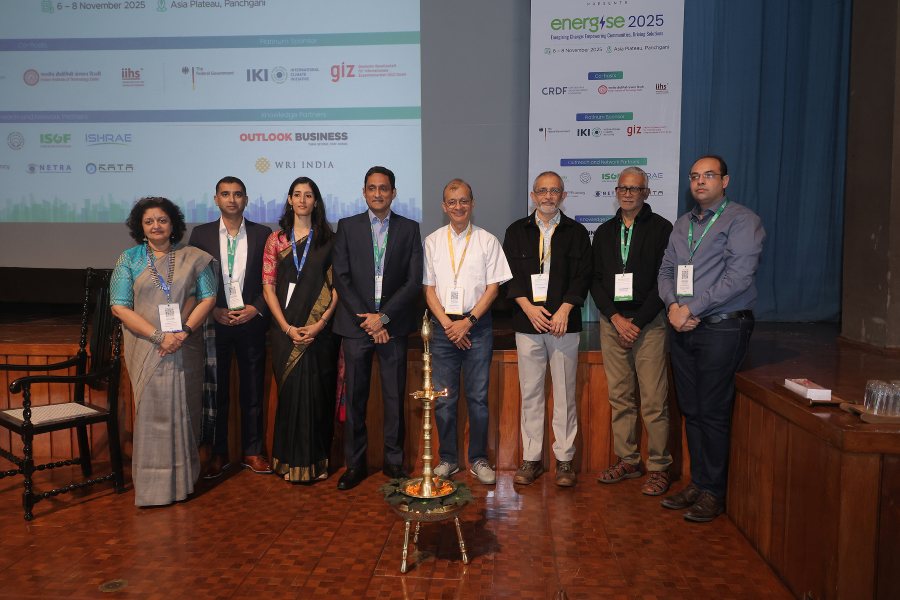

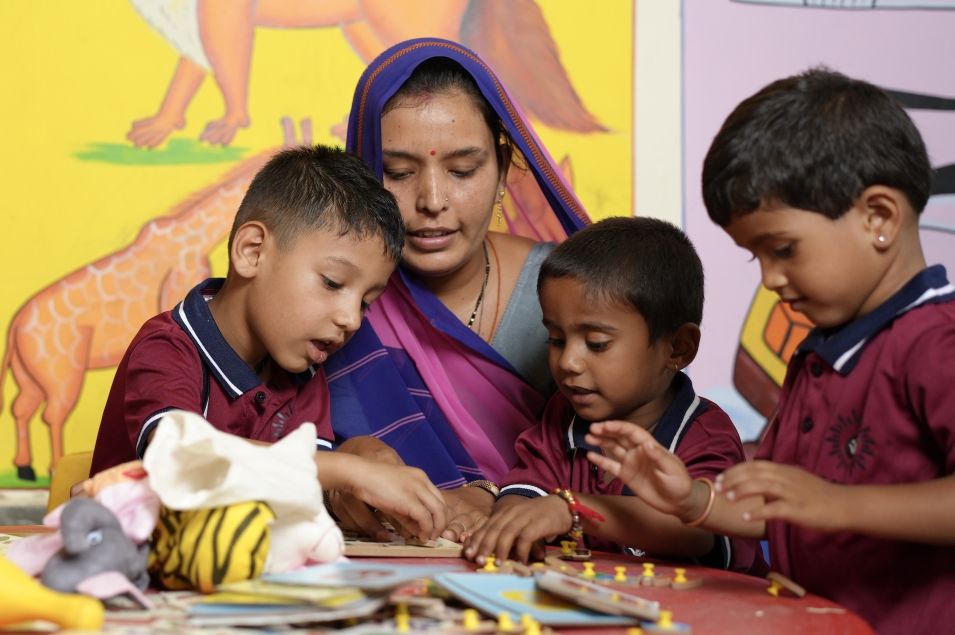
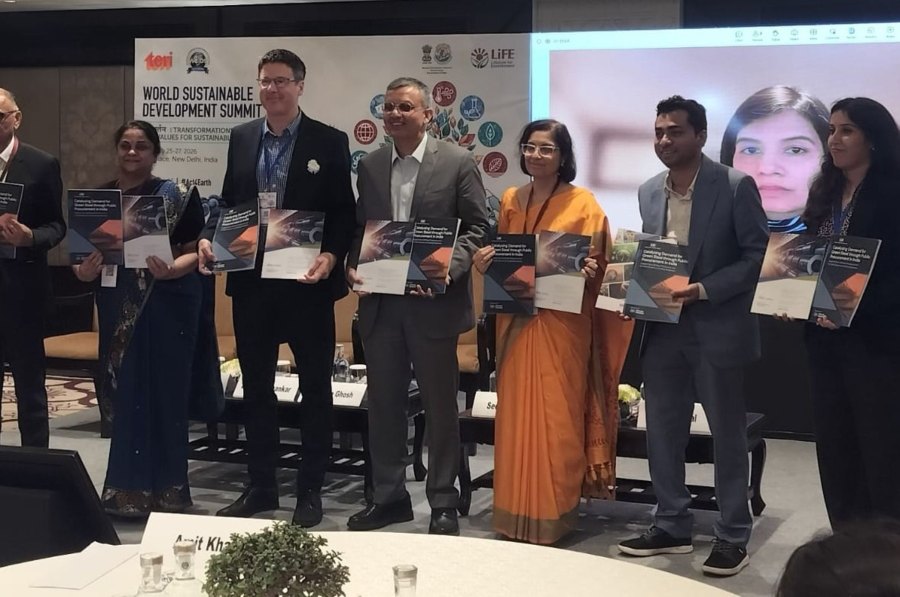
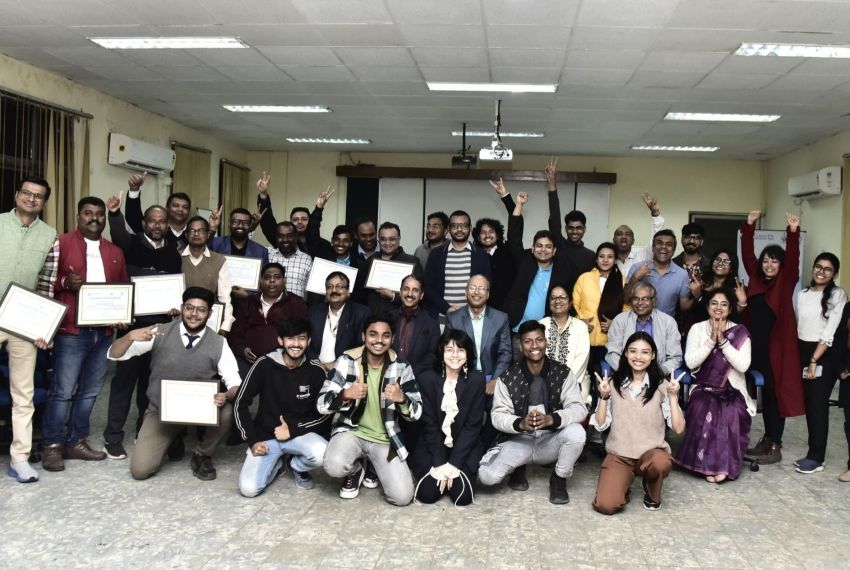
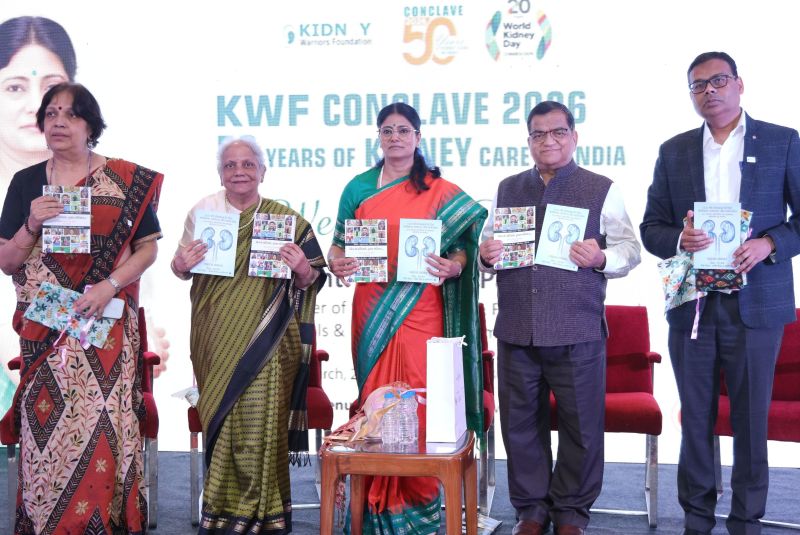
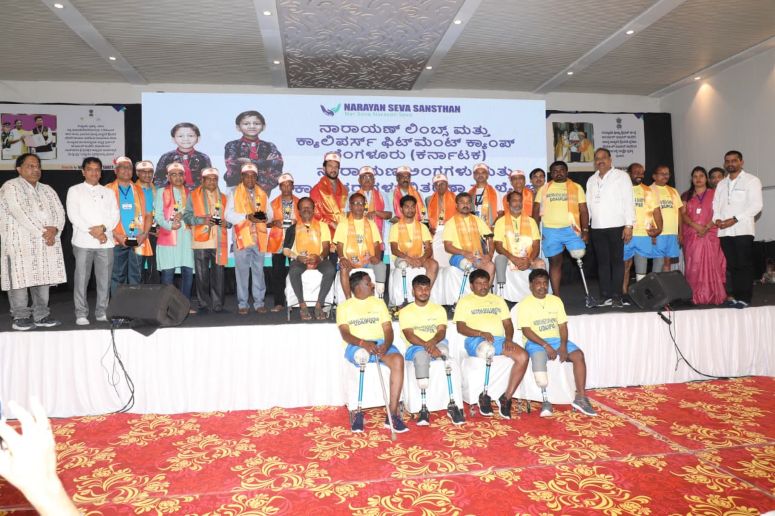
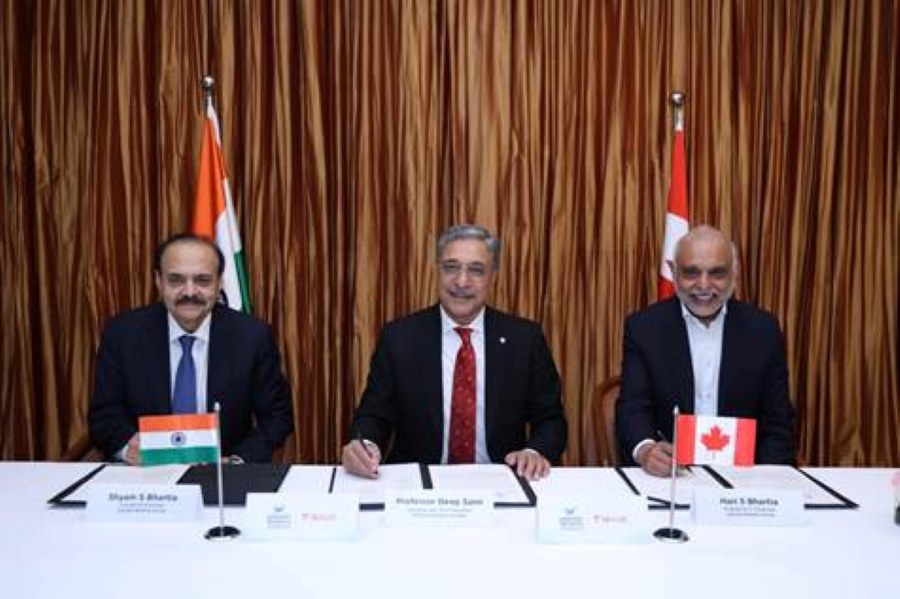
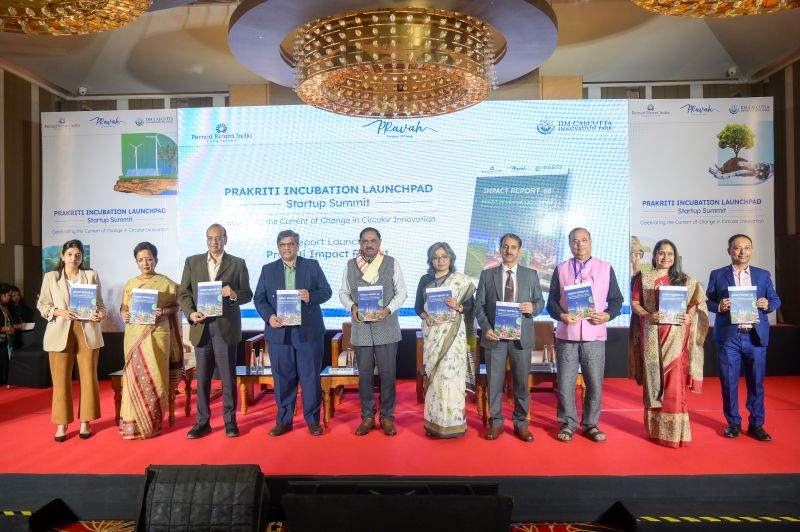
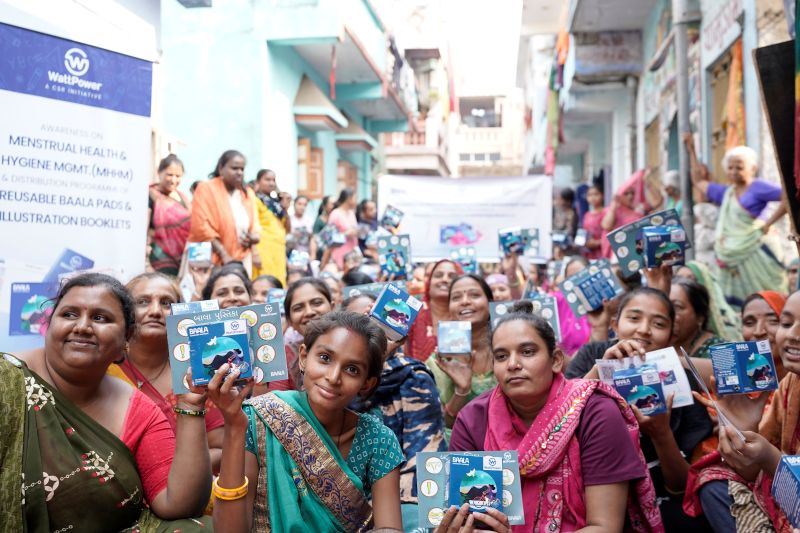
.jpg)








